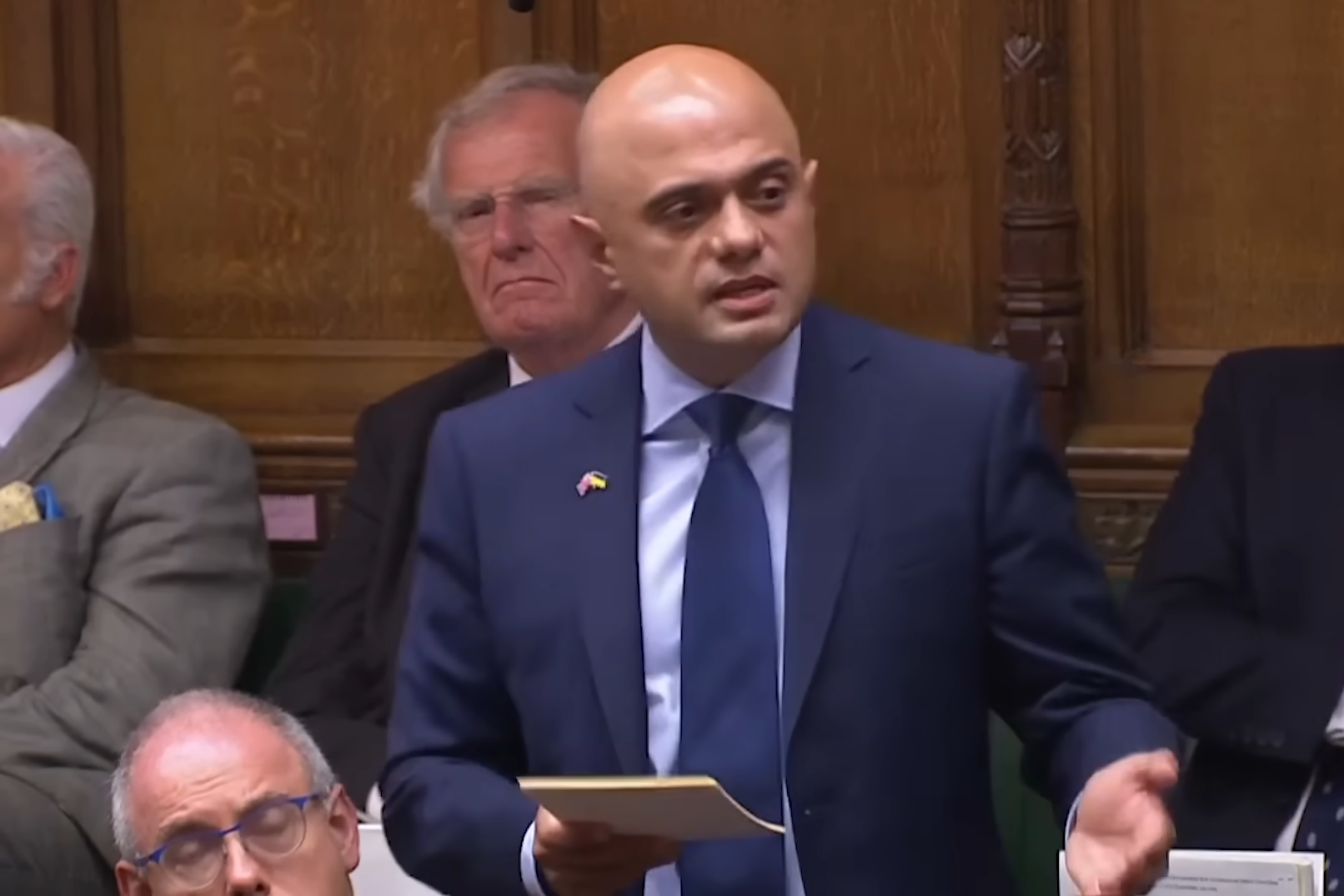The UK government has unveiled an ambitious white paper that aims to bridge the gaps between health and social care in response to the challenges posed by the COVID-19 pandemic. This proposal, announced with the backing of the National Health Service (NHS) and local government, signifies a concerted effort to learn from the past and create a more integrated and equitable system. By placing citizens and outcomes at the heart of the reforms, the government hopes to empower individuals and communities while building a sustainable and just society.
Lessons Learnt and Moral Imperatives:
The past two years have been a gruelling test for the UK, but they have also served as a great teacher. The government acknowledges the valuable lessons gleaned from the world-leading vaccination programme, which demonstrated the strength derived from collaboration and a united purpose. Moreover, the pandemic has magnified the moral outrage surrounding persistent health disparities, reflecting broader societal inequalities. This has brought into sharp focus the undeniable link between health services and social care, prompting the need for comprehensive reforms.
A New Approach:
At the core of the government’s white paper is a fresh approach that prioritises citizens and outcomes, replacing burdensome bureaucracy and form-filling. The aim is to create a system that is responsive to the needs of individuals and communities, ensuring that no one gets lost in the labyrinthine processes and fails to receive the care they require. This proposed reform is not the culmination but the inception of a wave of change that seeks to empower citizens, foster collaboration, and build a sustainable state.
Local-Level Collaboration and Accountability:
Central to the government’s vision is the introduction of a single person accountable for delivering a shared plan at the local level. This approach aims to enhance coordination between health and social care, enabling professionals to make more informed decisions by providing access to pertinent data and technology. Additionally, this reform intends to create a more agile workforce, facilitating seamless movement between roles in the NHS and the care sector for care workers and nurses.
Levelling Up Health Outcomes:
The government’s white paper also demonstrates a commitment to levelling up health outcomes over the long term. With a renewed emphasis on prevention, the proposal champions community-centred care to support vulnerable populations, including individuals with disabilities, dementia, and mental health issues. Moreover, measures are put forward to bridge the gap in healthy life expectancy between different regions, ensuring universal access to high-quality treatments and support across the country.
Informed by Real-World Experience:
The development of the white paper took into account the insights of frontline healthcare workers, nurses, care workers, and doctors. By incorporating their real-world experiences and showcasing exemplary collaborative efforts at the local level, the government aims to craft reforms that resonate with those on the front lines of healthcare. The white paper heralds an ambitious vision for the future of health and social care, with people and patients at the forefront.
Conclusion:
The government’s white paper signifies a bold step towards addressing the gaps and disparities in health and social care that have become apparent during the pandemic. By emphasising collaboration, citizen empowerment, prevention, and outcomes, the proposed reforms aim to create a more integrated and equitable system that prioritises the health and well-being of all. As the government sets its sights on recovery and levelling up, the white paper serves as a blueprint for a brighter future, where health and social care go hand in hand to create a sustainable and just society.
Resources
Gov UK: Health and social care integration: joining up care for people, places and populations






